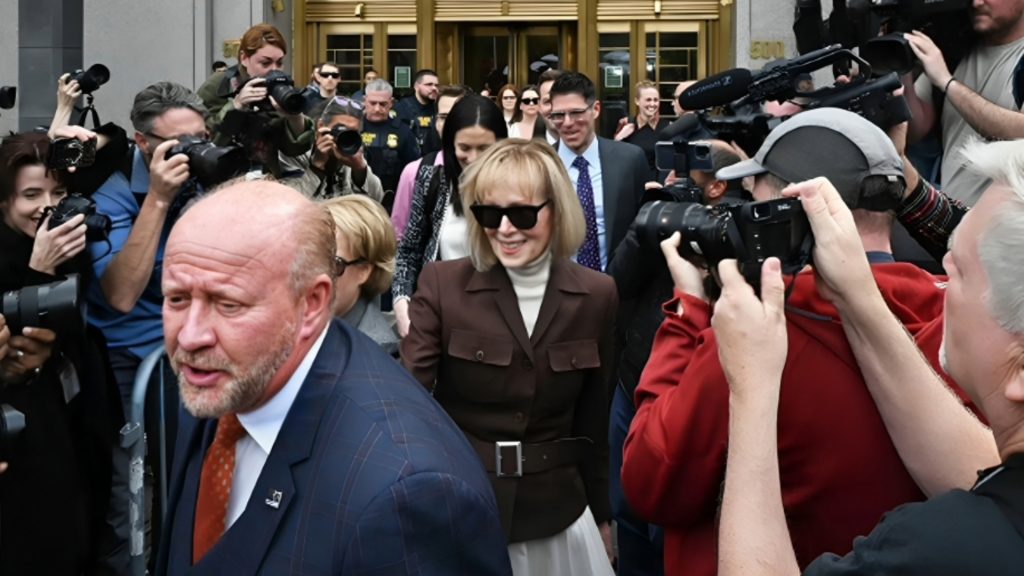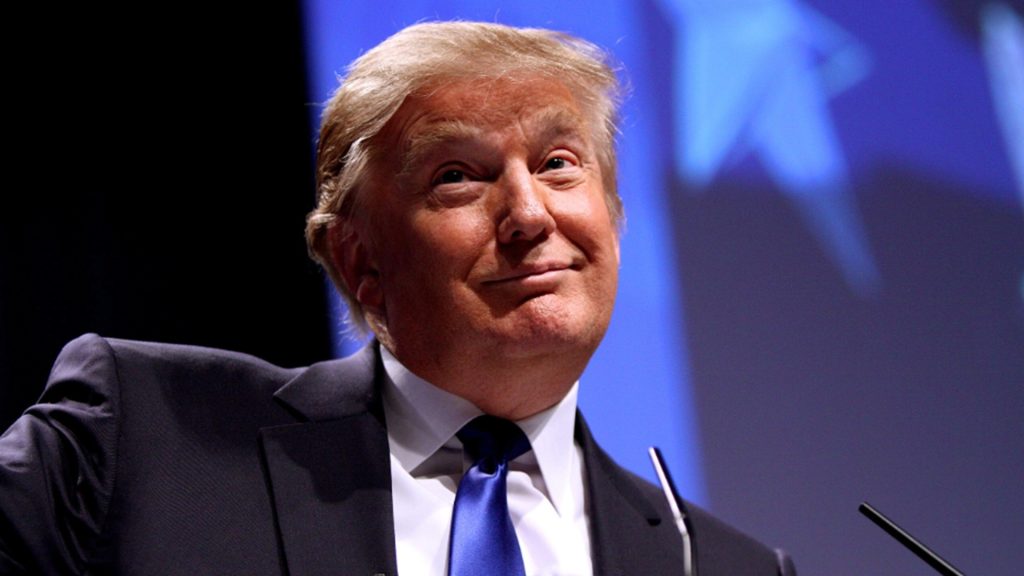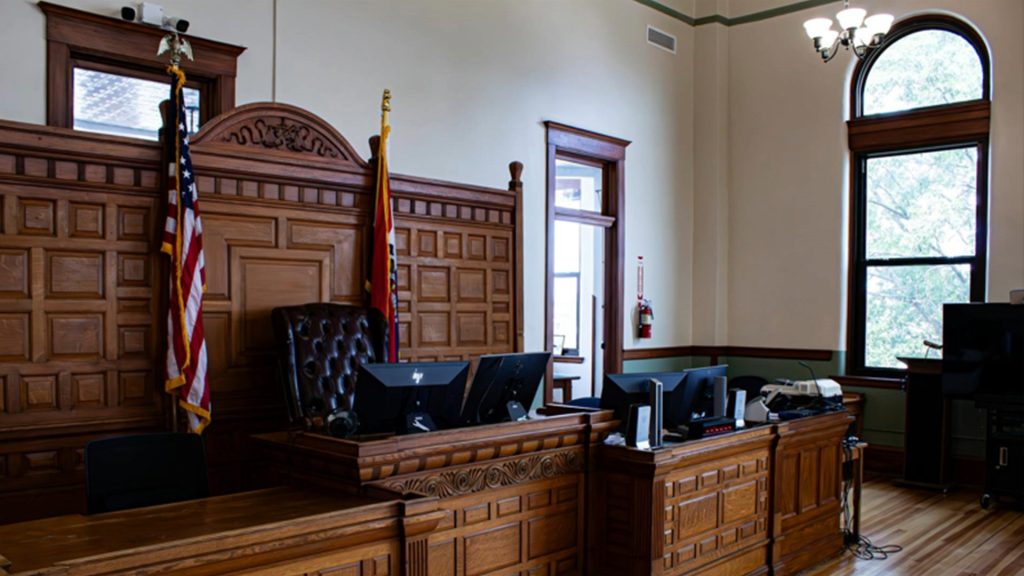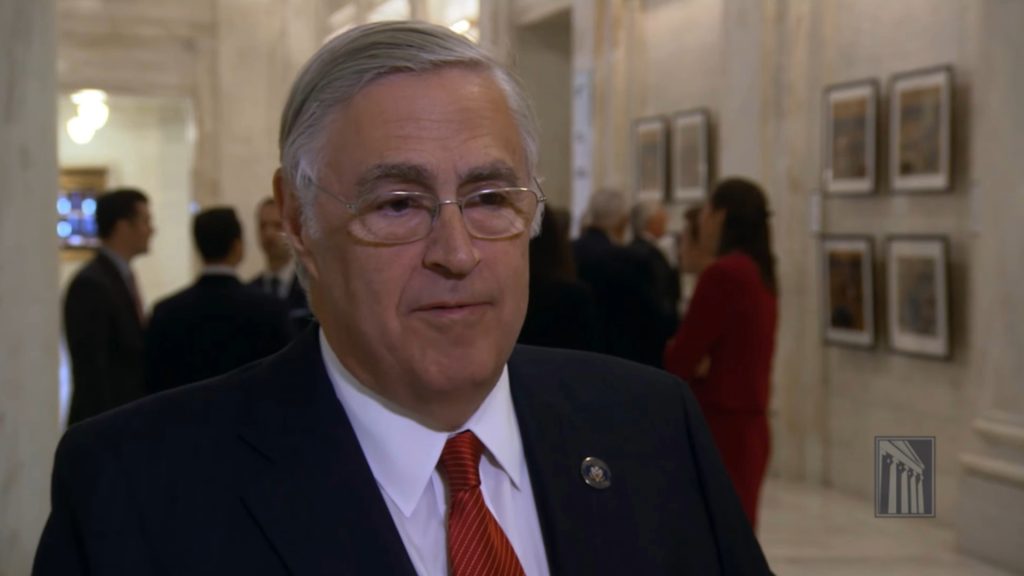Former President Donald J. Trump was handed another setback in his ongoing legal battles. The New York judge who presided over writer E. Jean Carroll’s defamation lawsuit against Trump refused to pause the payments required by the jury’s verdict. There’s still a chance the verdict could be overturned or the payments reduced on appeal.
E. Jean Carroll’s Allegations Against Trump
It’s important to have some background information about the allegations Carroll has made against Donald Trump. In a 2019 article she wrote for New York Magazine, Carroll revealed that Trump had forced himself on her in a dressing room. She said he penetrated her with both his fingers and his penis and that she had been traumatized by the attack.

Trump’s response included statements that he never met Carroll. There are pictures of the two together. Trump also said that Carroll was not his type. As a reminder, rape is a violent crime, not a dating scenario or relationship where a person’s type might be a factor. In addition to the assault, Carroll sued because Trump had damaged her reputation.
The First E. Jean Carroll Lawsuit
E.Jean Carroll has filed two civil lawsuits against the former president. The first was filed in 2019 and accused Trump of raping Carroll in a Bergdorft Goodman dressing room. It said that Carroll had experienced “emotional pain and suffering at the hands of the man who raped her, as well as injury to her reputation, honor and dignity.”

The jury ultimately found that Trump sexually assaulted and defamed Carroll. They said that it was not possible under New York law to find that Trump raped Carroll, although the judge later clarified and said that Trump did commit rape. Carroll was awarded $5m in damages. Donald Trump has appealed the verdict and it may take years to resolve.
What Was The Second Lawsuit About?
The second lawsuit was filed in 2022 after the first trial ended. It focused on Trump’s public and defamatory remarks about E.Jean Carroll after she published a 2019 article that accused Trump of raping her. The question of whether Trump made defamatory remarks is not in debate, since his remarks were made publicly.

The trial and verdict were delayed because Trump’s lawyers claimed that the remarks he made about Carroll were in his capacity as president. It’s difficult to imagine how defamatory remarks could be part of a president’s duties. His appeals were denied and the trial was allowed to move forward. The jury awarded Carroll an additional $83.3 million in damages.
Why Was The Verdict So Large?
You might be wondering why the damages awarded in the second trial were so much larger than in the first. The short answer is that jurors included two types of damages: compensatory and punitive. Compensatory damages are meant to pay victims for damage caused to them or their reputations. In this case, the compensatory damage total was $18.3 million.

That leaves us with punitive damages. The word ‘punitive’ means punishment. So, these damages are intended to punish the perpetrator and prevent future bad actions. In this case, the civil jury awarded E. Jean Carroll a whopping $65 million in punitive damages. It’s a big number and illustrates how seriously jurors took Carroll’s claim of defamation.
Why Did Trump’s Team Ask For A Delay?
Donald Trump’s lawyer in the defamation case is Alina Habba. She filed what’s known as an “administrative stay” to delay payment of the damages that were awarded in the case. It’s not uncommon for there to be a delay in damages when an appeal is underway. That’s not what’s unusual about Trump’s lawyer’s request.

In Habba’s motion, filed on Friday, she asked the judge to stay payments for 30 days or until the Trump team’s post-trial motions were resolved. She added that there was a “strong probability” that the verdict could be reduced or eliminated. The argument is that Trump was acting as president, a tactic that has already proven unconvincing.
Who Was The Judge And What Did He Say?
Part of Trump’s argument in every lawsuit where he’s a defendant is that the judges are biased against him. The judge in the defamation case is Lewis Kaplan. He serves as a Senior US District Judge for the Southern District of New York. He has been on the bench since 1994, when he was appointed by President Bill Clinton.

Judge Kaplan has shown little patience for the Trump legal team’s attempts to avoid consequences for the former president’s actions. He made a point of clarifying the jury’s verdict in the first trial, saying that Trump did in fact rape Carroll. He refused the Trump team’s request to delay payment on Sunday. He gave Carroll’s team until Thursday to respond.
Trump’s Financial And Legal Liabilities Continue To Mount
As shocking as the $83.3 million verdict in the most recent defamation suit may be, it’s the least of Trump’s worries. Earlier in February, another New York judge ruled against Trump in a fraud case. Trump was accused of misstating his assets on financial statements in an effort to defraud the state and people of New York.

The verdict in the fraud case is $364 million. Trump and his co-defendants are required to pay that amount to the state of New York. His total financial damages are $452.3 million. None of this takes into consideration that the former president has been indicted 91 times on criminal charges, including crimes related to the January 6 insurrection.
What Will The Trump Legal Team’s Next Move Be?
The judge’s ruling means that Donald Trump might need to start making payments to E.Jean Carroll sooner rather than later. The former president often walks a fine line in his legal arguments. It’s unlikely that Judge Kaplan will allow any additional delays after Sunday’s ruling.

We expect that Trump’s lawyers will immediately appeal Judge Kaplan’s ruling. They will also continue to pursue appeals to the verdict itself. It remains to be seen whether their appeals will have any impact. Also of concern is Trump’s tendency to be his own worst enemy. Carroll has said she will sue again if he continues to defame her.






